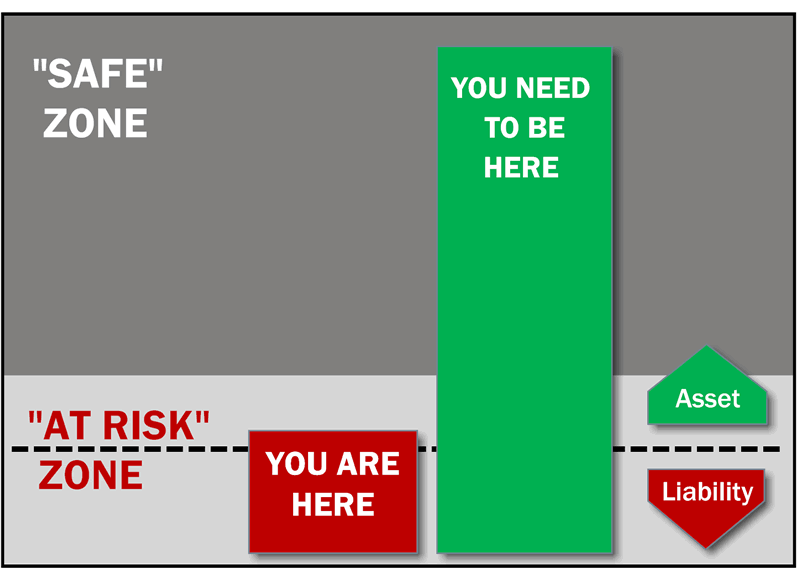So you think your job is “safe?” With all of the uncertainty surrounding us, job security is an illusion, as a talented friend of mine recently discovered.
I’m pissed!
I just learned that a good friend who lost his adult son in a tragic accident several months ago just lost his job. This guy was a senior manager in his company, a fine upstanding person and one of the “greats” of the industry in which I work – someone who mentored me when I was younger. And now he’s been unceremoniously “downsized.” I can’t believe he could be let go from his job under the circumstances. Why now?
This is the same guy who had enough talent and promise to survive a “Black Friday” at a Fortune 500 company back in the early 1980s, which decimated the office he worked at in suburban Chicago. At the end of the day, over 200 people on his floor were gone; he was one a of a handful of survivors.
As the global economy continues to sputter on fumes, it seems no one has job security any more. That bothers me – a lot.
So you think you’re “safe?”
There is no such thing as job security any more. Downsizings and reorganizations are the last resort, an attempt to stop the tide of red ink. As such, they tend to be done with a meat axe, not a scalpel. Large groups of people get lopped off without much concern for their personal situations or their past track record. Decisions are made solely upon your current value to the company compared to what it costs the company to employ you. What have you done for me lately?
If you’re providing value well in excess of your salary and you have a high level of visibility with upper management and a reputation as an A-player, then you may be safe. On the other hands, if you’ve been running in place, no longer growing, but riding on the momentum of your past accomplishments and successes, then you may have a big-ass target on your back.
That’s the message of the diagram above. The more value you provide (and are visible in doing so), the “safer” you’re likely to be. You see, when companies downsize, they tend to get rid of “dead wood” – people who have been there a long time, have high salaries but who may not be pulling their weight. People with a sense of entitlement (“I’ve been working here 20 years and they haven’t given me a raise in 5 years – so I’m not going to do any more than what’s expected of me”) and a those with a “Minimum Viable Effort” mindset.
You may think you’re safe because nothing has happened yet. But that doesn’t mean your job is really secure. Anything can happen in the future. Your company could get acquired. Your division could get sold. Your top management may decide to ship your department or function to India or China as a cost-cutting move. A competitor could start “cherry picking” the most profitable parts of your firm’s business. Then there’s the fallout that is being caused by the results of the U.S. Presidential election, and the ramping up of Obamacare. Uncertainty abounds – and it doesn’t look like the picture is going to get better any time in the near future.
The point is that no one is really “safe” any more.
The idea of a company “taking care” of its people is a relic of the 20th century. You’re on your own now.
To survive, you must make yourself as valuable and employable as possible. The purpose is two-fold:
- Reduce your odds of being “downsized” and increase your security in your present job
- If the worst case scenario does happen, increase your odds of getting hired somewhere else.
“Job insurance”
Seen in this context, books like Up Your Impact can be considered “job insurance.” In other words, they help you turn the odds in your favor – so no matter what happens, you are eminently employable.

